Date: 06/05/21
By Alan Hardie, CEO at NCEAT.
 The link between literacy and success in qualifications is pretty clear. One of the sharpest examples of this is the reading age which is required to access GCSE exam papers. The exam papers are designed with a reading age of 15 years and 6 months, to match the age of the youngest pupils in Year 11 taking the exams that year. For any pupil whose reading age is less than their actual age, there is an instant problem as they may not fully understand questions and instructions in the exam paper. Inevitably, this significantly reduces their chances of getting good GCSE grades, which impacts on their options for further education and career aspirations.
The link between literacy and success in qualifications is pretty clear. One of the sharpest examples of this is the reading age which is required to access GCSE exam papers. The exam papers are designed with a reading age of 15 years and 6 months, to match the age of the youngest pupils in Year 11 taking the exams that year. For any pupil whose reading age is less than their actual age, there is an instant problem as they may not fully understand questions and instructions in the exam paper. Inevitably, this significantly reduces their chances of getting good GCSE grades, which impacts on their options for further education and career aspirations.
This week, we’ve started work on developing a Trust Literacy Strategy for all of our schools. This is aimed to bring together lots of existing good work in areas such as reading and writing, as well as create new opportunities for our pupils to develop their skills in other areas. We are defining literacy as developing reading, writing, vocabulary, grammar and oracy (the ability to speak clearly, confidently and express yourself well). We believe that developing each of these areas across all age groups will massively improve our pupils’ life chances.
We aren’t starting from scratch here, and there is a lot of great support already in place across our schools. What we are looking to do is make it clearer for pupils and parents/carers what we will be doing at each stage from Early Years to GCSE in order to support our pupils. It’s also about making it clearer exactly what families can also do to support their child(ren) with this. One of the positives to come out of the pandemic is the much greater level of interaction and communication between schools and parents and we aim to build upon this.
Developing literacy isn’t just about improving educational opportunities; the positive impacts run much deeper than that. Children who enjoy reading are three times more likely to have good mental wellbeing than those who don’t enjoy reading. Having good oracy skills improves self-confidence and self-esteem, while reducing anxiety and helping to manage disagreements with others more effectively (helping parents and school staff alike!).
I hope that you think that our plans for a more strategic approach to further improve literacy will be a positive development for our schools and I would love to hear your views on this. If you would like to provide feedback on this proposed strategy, please email marketing@ncea.org.uk.
